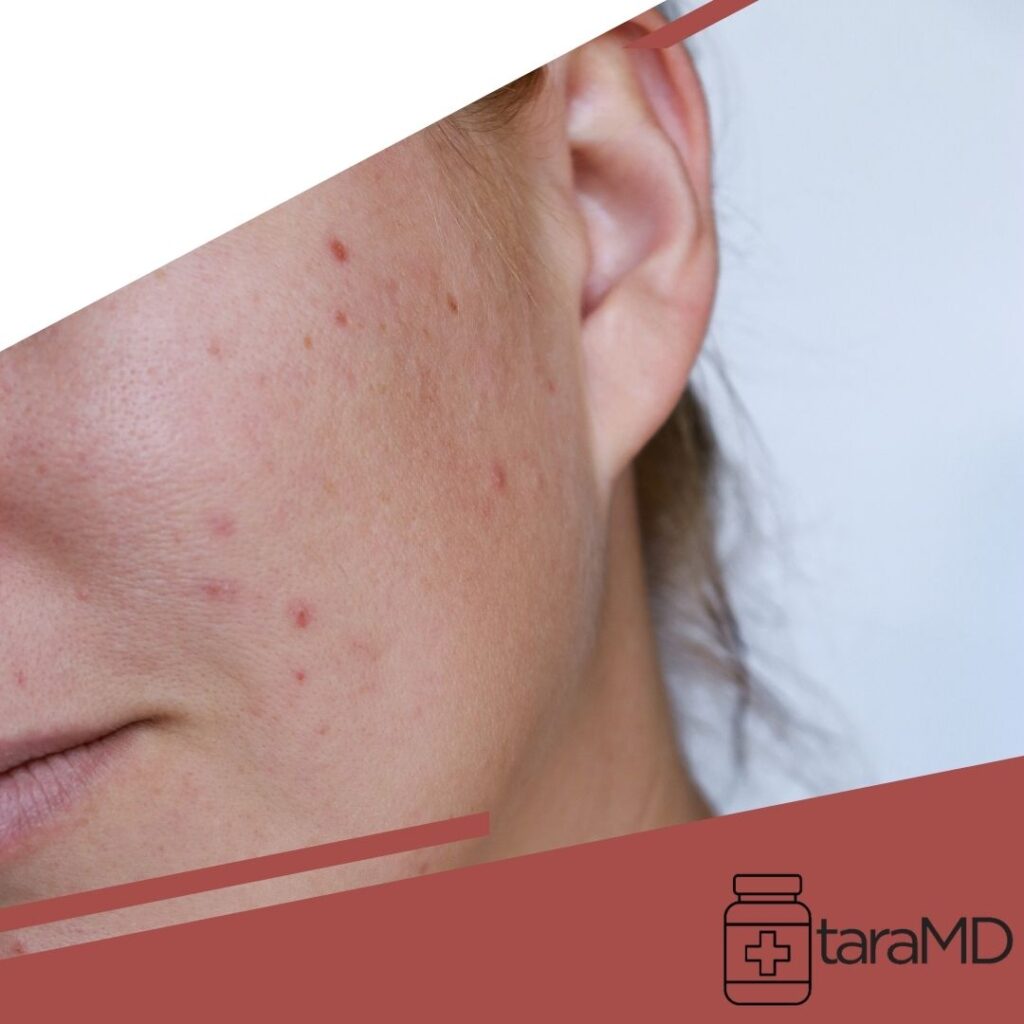You’ve got a big presentation, an exam, or a deadline coming up—and suddenly, your skin breaks out. Sound familiar? You’re not imagining it. The link between stress and acne is real, and science backs it up. Stress doesn’t just affect your mood or sleep; it can wreak havoc on your skin, too. Understanding why this happens—and how to manage it—can help you take control of both your stress levels and your complexion.
The Science Behind Stress and Acne
When you’re under stress, your body releases hormones like cortisol and androgens, which can increase oil (sebum) production in your skin. Excess oil clogs pores, traps bacteria, and leads to inflammation—all of which cause acne.
According to studies published in the Journal of Clinical and Aesthetic Dermatology, people with high stress levels often experience more frequent and severe breakouts. This is especially true for adults, whose acne can flare up due to chronic stress from work, relationships, or financial pressures.
Stress can also disrupt your immune system, making it harder for your body to fight off acne-causing bacteria. The result? Pimples take longer to heal, and new ones form more easily.
How Stress Changes Your Skin’s Behavior
Stress doesn’t just increase oil—it affects your skin barrier and healing process too. Here’s how:
- Increased Oil Production: Cortisol stimulates sebaceous glands, leading to more sebum buildup.
- Inflammation: Stress triggers an inflammatory response, worsening redness and swelling around pimples.
- Delayed Healing: Under stress, your body prioritizes essential systems like your heart and muscles, slowing down skin repair.
- Behavioral Triggers: Stress often leads to poor sleep, unhealthy eating, and face-touching habits—all of which can worsen acne.
These factors combine into a frustrating cycle: stress causes acne, acne causes more stress, and the loop continues.
What You Can Do to Break the Cycle
The good news is that while you can’t eliminate stress entirely, you can manage it—and minimize its effect on your skin.
1. Stick to a Consistent Skincare Routine
Even during stressful times, maintain a simple, consistent skincare routine. Use a gentle cleanser, an oil-free moisturizer, and an acne treatment with ingredients like salicylic acid or benzoyl peroxide. Avoid over-washing or scrubbing your face, which can irritate your skin further.
2. Practice Stress Management Techniques
Incorporate relaxation techniques like deep breathing, yoga, or mindfulness meditation. These methods reduce cortisol levels and improve overall circulation, helping your skin stay calm. Even taking a short daily walk or getting 7–8 hours of sleep can make a noticeable difference.
3. Watch Your Diet
Stress often makes us crave sugary or greasy foods, which can worsen inflammation and acne. Try to eat a balanced diet rich in fruits, vegetables, omega-3 fatty acids, and whole grains. Drinking plenty of water also helps flush out toxins and keeps your skin hydrated.
4. Avoid Picking or Touching Your Face
When stressed, many people unconsciously pick at their skin. This habit can lead to scarring and spread bacteria. If you tend to touch your face often, keep your hands busy with a stress ball or fidget tool instead.
5. Consider Professional Help
If your acne persists despite lifestyle changes, consult a dermatologist. They can recommend prescription treatments such as topical retinoids, antibiotics, or even stress-related acne management plans that combine skincare with behavioral support.
The Mind-Skin Connection
Your skin is often a reflection of what’s going on inside your body and mind. By managing your stress, you’re not just improving your mood—you’re improving your skin health, too.
A holistic approach that combines skincare, self-care, and mental wellness is the best way to keep acne under control. Remember, treating acne isn’t only about what you put on your skin—it’s about how you treat yourself.
Stress may be an inevitable part of life, but breakouts don’t have to be. Understanding how stress impacts your skin empowers you to take preventive steps—through consistent care, healthy habits, and a little self-kindness.
If you’re struggling with chronic or severe acne, don’t wait for it to get worse. Schedule a consultation with a dermatologist and start taking charge of both your stress and your skin. After all, a calm mind often leads to clearer skin.

